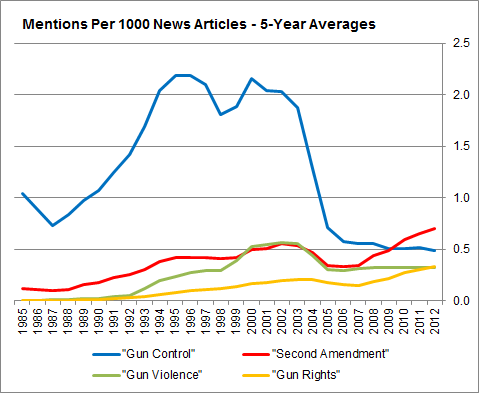Learning to speak Imaginary American
Tim Parks, "Learning to Speak American", NYR:
In 1993 I translated all 450 pages of Roberto Calasso’s The Marriage of Cadmus & Harmony without ever using the past participle of the verb “get.” The book was to be published simultaneously by Knopf in New York and Jonathan Cape in London; to save money both editions were to be printed from the same galleys; so it would be important, I was told, to avoid any usages that might strike American readers as distractingly English or English readers as distractingly American. To my English ear “gotten” yells America and alters the whole feel of a sentence. I presumed it would be the same the other way round for Americans. Fortunately, given the high register of Calasso’s prose, “get” was not difficult to avoid.
Now in 2012 I am obliged to sign up to “gotten.” Commissioned by an American publisher to write a book that explores the Italian national character through an account of thirty years’ commuting and traveling on the country’s rail network, I am looking at an edit that transforms my English prose into American. […]
Or again, does a “newsagent” really need to become a “news dealer,” a “flyover” an “overpass,” a “parcel” a “package,” or in certain circumstances “between” “among” and “like” “such as”? Does the position of “also” really need to be moved in front of the verb “to be” in sentences like “Trains also were useful during the 1908 earthquake in Catania,” when to me it looked much better after it?
Read the rest of this entry »
